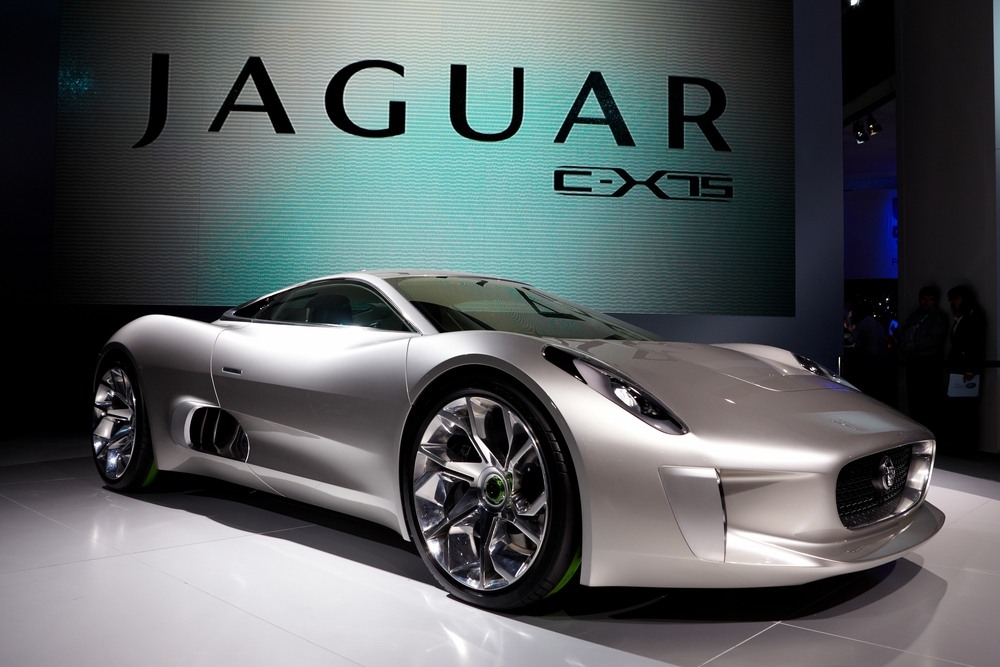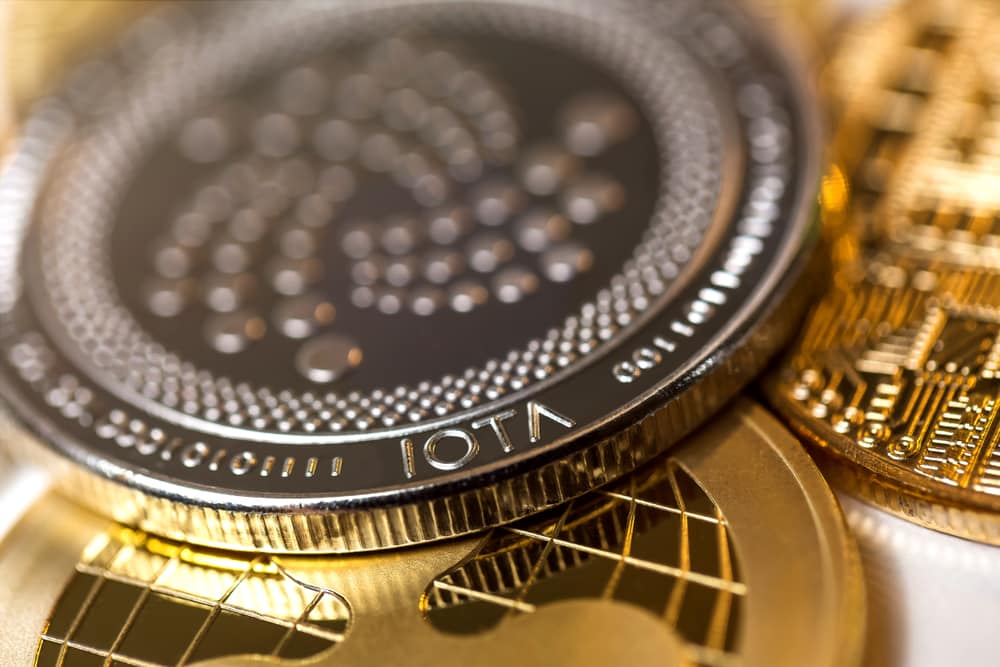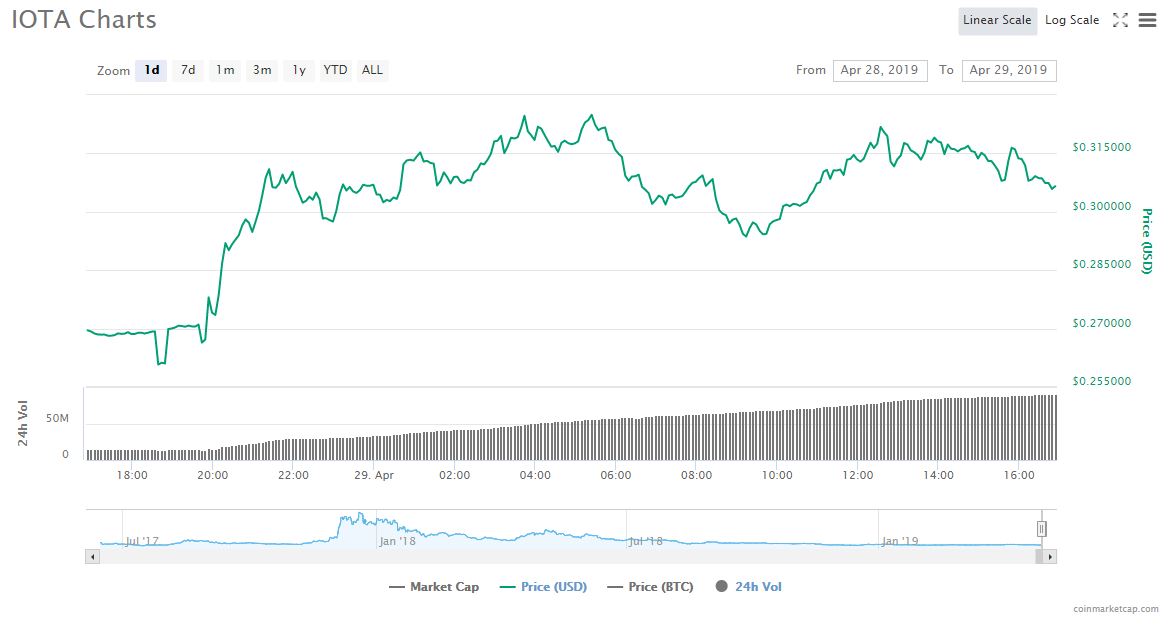Do Jaguar Land Rover & IOTA Hold the Key to Mass Crypto Adoption?

Jaguar Land Rover's partnership with the IOTA cryptocurrency raised eyebrows, but will it be enough to ignite widespread crypto adption? | Source: Shutterstock
By CCN.com: Jaguar Land Rover produced over 600,000 vehicles last year. For a luxury brand, this is a substantial output. Tesla, by comparison, produced under 250,000. The news broke sometime yesterday afternoon that JLR is utilizing the IOTA tangle (blockchain) for their new cryptocurrency program. They’re going to have on-the-go payments (such as tolls, similar to EZ Pass) and also pay owners for data collected.
“[O]wners earn credits by enabling their cars to automatically report useful road condition data such as traffic congestion or potholes to navigation providers or local authorities. Drivers could then redeem these for rewards such as coffee, or conveniently use them to automatically pay tolls, parking fees and for smart charging electric vehicles. ‘Smart Wallet’ removes the need for drivers to hunt for loose change or sign up to multiple accounts to pay for a variety of everyday services.”
Jaguar Faces Crypto Twitter Backlash for IOTA Partnership

There’s some degree of privacy trade-off here, and the rewards don’t sound very high. You might be able to earn a cup of coffee now and then, but perhaps the toll-paying feature will be most interesting to users.
Presumably, they’ll top up an account with a fiat method and not have to worry about stopping at toll booths, similar to EZ Pass and other purposes.
If we assume that Jaguar will sell half its production, that’s a few hundred thousand people who will be on-boarded into a form of crypto.
Several people on Twitter have taken issue with their choice of IOTA, and indeed they could have chosen any given platform. IOTA has specific problematic elements that stem from its initial launch.
They made some interesting choices in their design, as well, such as using “trinary logic” and initially using their own hashing algorithm. The latter problem was fixed by switching to SHA-3.
Jaguar and Land Rover are interesting, as well, because the type of people who buy these cars certainly have expendable income. If they become more interested in cryptocurrency, we could see some increased demand. But will they adopt cryptocurrencies en masse as a result of being exposed to IOTA through their new vehicles?
Jaguar Owners Are a Target Market

This doesn’t seem likely. Paying a toll is a small inconvenience which affects a minority of the global population, and it will be years before a multitude of toll booths accept it. Therefore we can expect that of the prospective few hundred thousand per year who will be exposed, only a fraction will have a use case, and of those, we don’t know how many will choose to use it.
There are benefits to using a cryptocurrency that seem apparent. A vastly reduced cost to make and determine the need for these payments comes out of building on the blockchain. If major manufacturers follow suit, road data could vastly improve on a grand scale, with micropayments to consumers providing the data becoming the norm.
But, at most, we can expect this to be one more in a long series of events that will lead to the everyday adoption of crypto technology. For its part, IOTA is up more than 15% on the news, and the cryptocurrency has more announcements on the way: